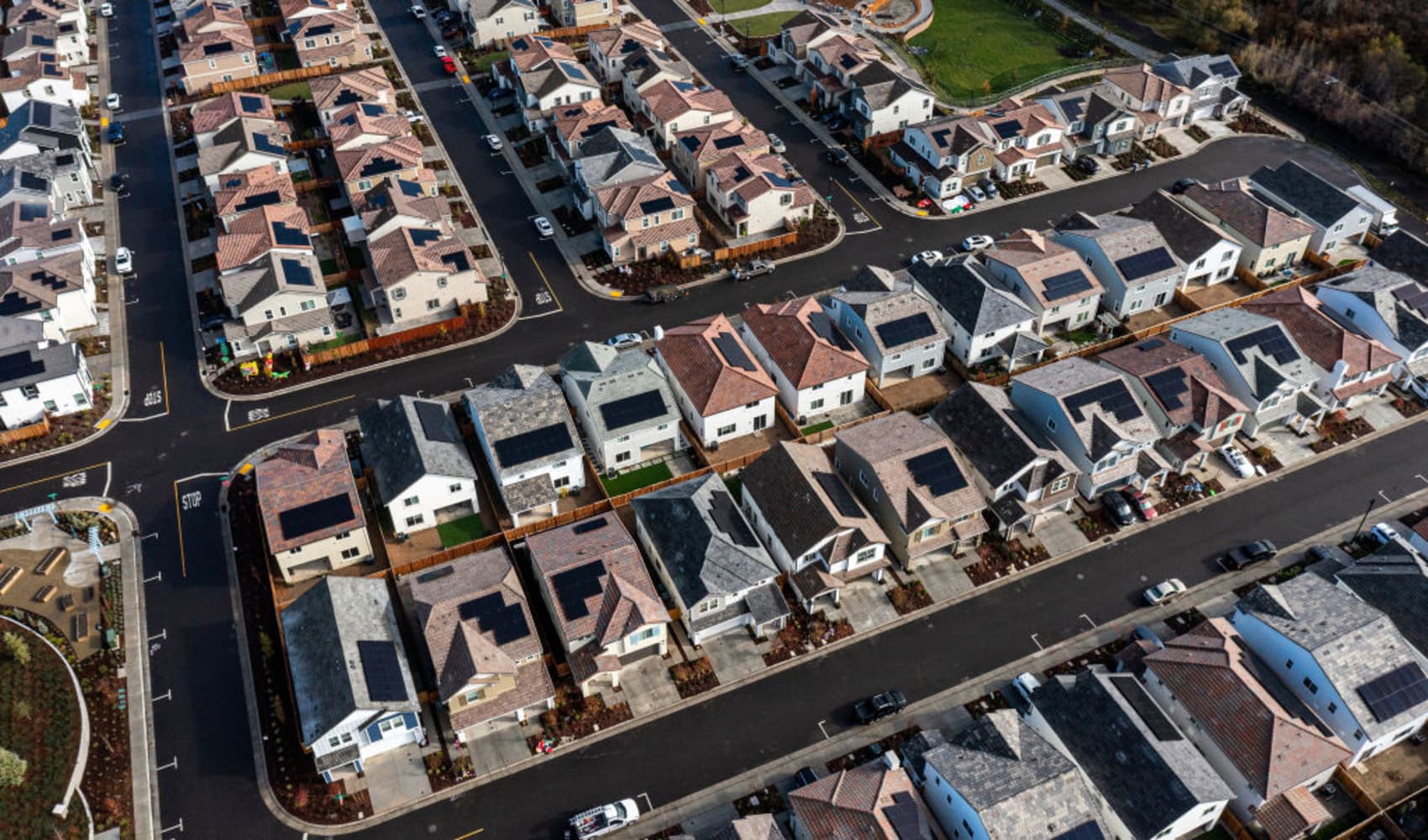
Proposed federal legislation from Democrats could provide nearly 10 million children from lower and middle-class families with free or reduced-cost child care, according to new research from the Center for American Progress.
Sen. Patty Murray, D-Wash., and Rep. Bobby Scott, D-Va., on April 22 reintroduced the Child Care for Working Families Act, which would ensure families earning up to 1.5 times their state median income levels would pay no more than 7% of their income for child care. Those earning below that threshold would pay on a sliding scale as follows:
- Families earning between 125% and 150% of the state median income would pay no more than 7% of their income on child care.
- Families earning between 100% and 125% of the state median income would pay no more than 4% of their income on child care.
- Families earning between 75% and 100% of the state median income would pay no more than 2% of their income on child care.
- Families earning below 75% of the state median income would not have to pay for child care.
U.S. households earning more than 1.5 times their state median income would not be automatically eligible for child care assistance under the proposed legislation but could use the child tax credit and dependent care savings accounts to reduce their expenses.
Feeling out of the loop? We'll catch you up on the Chicago news you need to know. Sign up for the weekly Chicago Catch-Up newsletter here.
President Joe Biden's American Families Act, announced last month, is based on this legislation, which also provides funding for universal preschool to 3- and 4-year-olds. Murray and Scott introduced the Child Care for Working Families Act in 2019, but it failed to gain traction. Biden's proposed plan varies slightly, but it's up to Congress to pass legislation putting his ideas into action.
Legislation offers tangible direct benefits for families
The bill, if implemented, would allow about three-quarters of working families in the U.S. with children under the age of 6 to access free or reduced-cost child care, according to the latest impact analysis from Rasheed Malik, a senior policy analyst for early childhood policy at American Progress.
Money Report
About 40% of children under the age of 6 would receive free child care and another 36% would be eligible for subsidies that reduce the cost. That amounts to a total of about 9.76 million children nationwide.
Currently, only about 1.9 million children receive subsidized care through the Child Care and Development Fund, or CCDF, program. Malik notes that thanks to chronic underfunding, only about 1-in-7 children who qualified for child care assistance actually received it during fiscal year 2017.
Capping child care costs could mean big savings for families. Prior to the pandemic, families spent an average of $9,200 to $9,600 per child on child care, according to 2019 estimates from Child Care Aware. The nonprofit calculates that families headed by married couples spend about 10% of household income on child care while single parents spend about 34% of their income.
Bill promises indirect benefits as well
Beyond the direct benefits to families, legislation such as the Child Care for Working Families Act has many indirect impacts as well, says Laura Dallas McSorley, director of early childhood policy at American Progress. "Child care is an issue that feels like perhaps it's just for a few, but it's really an investment in our shared economy," McSorley adds.
Christina Bottego, a 39-year-old Brooklyn mother of two, says legislation like the Child Care for Working Families Act and Biden's American Families Plan would certainly help her family.
After her daughter was born in 2012, Bottego shifted from working in government to a job that allowed her to work from home, even after earning her MBA in public policy. But even with that flexibility, she was still paying about $2,000 a month in child care, and when her second daughter was born three years later, child-care cost exceeded her take-home pay. She ended up doing a side hustle from home, buying and selling used vinyl.
"I think more than taking a step back from my career, I think I've all but had to give up on my career," Bottego says.
Two years ago, Bottego landed a job as a field representative for the U.S. Census Bureau. And while it only requires a high school degree, it permits Bottego maximum flexibility, thereby allowing her to avoid paying before- or after-school care costs. "It's in the vein of policy but definitely not city hall," Bottego says.
A policy that would cover some of those child care costs would be "liberating," Bottego says. If she knew that child care costs were capped, for instance, she'd be able to go on a job interview where she didn't know the salary upfront. It's "very demoralizing and discouraging" to take the time to go on several interviews for a job, only to find out afterward that you cannot swing it because of child care costs, Bottego says.
Additionally, Bottego believes that if she didn't need to worry about working around child care, she may be able to land a higher paying job, which would allow the family to save for her children's college education, pay down her student loan debt and plan for retirement. "Since leaving the workforce after the birth of my second child, all of these things have been put on hold, or we have worked on piecemeal with not enough income to have a viable strategy for any one particular goal," she says.
Although the Child Care for Working Families Act previously languished in Congress, McSorley says this time there is more support and she does expect to see movement on the legislation, especially in light of the Biden administration's commitment to making child care more affordable and widely available.
Yet she admits that it might be a tough road with Republicans. "It feels like a time where perhaps we won't see as much bipartisan action on some of these proposals," McSorley says. That said, she thinks this is the "real opportunity for everyone to be supportive."
Sign up now: Get smarter about your money and career with our weekly newsletter
Don't miss: Older millennials have lived through 2 economic crises—and it’s affecting their decisions around having kids






